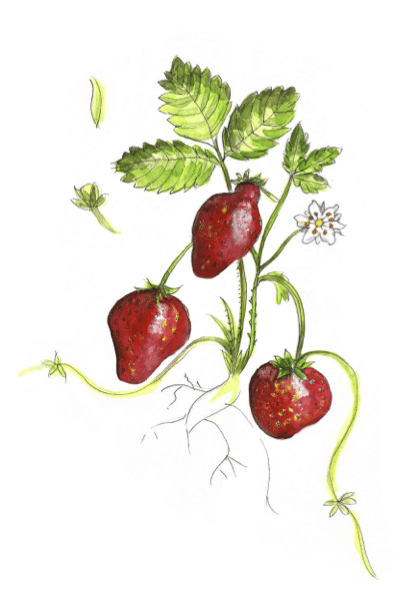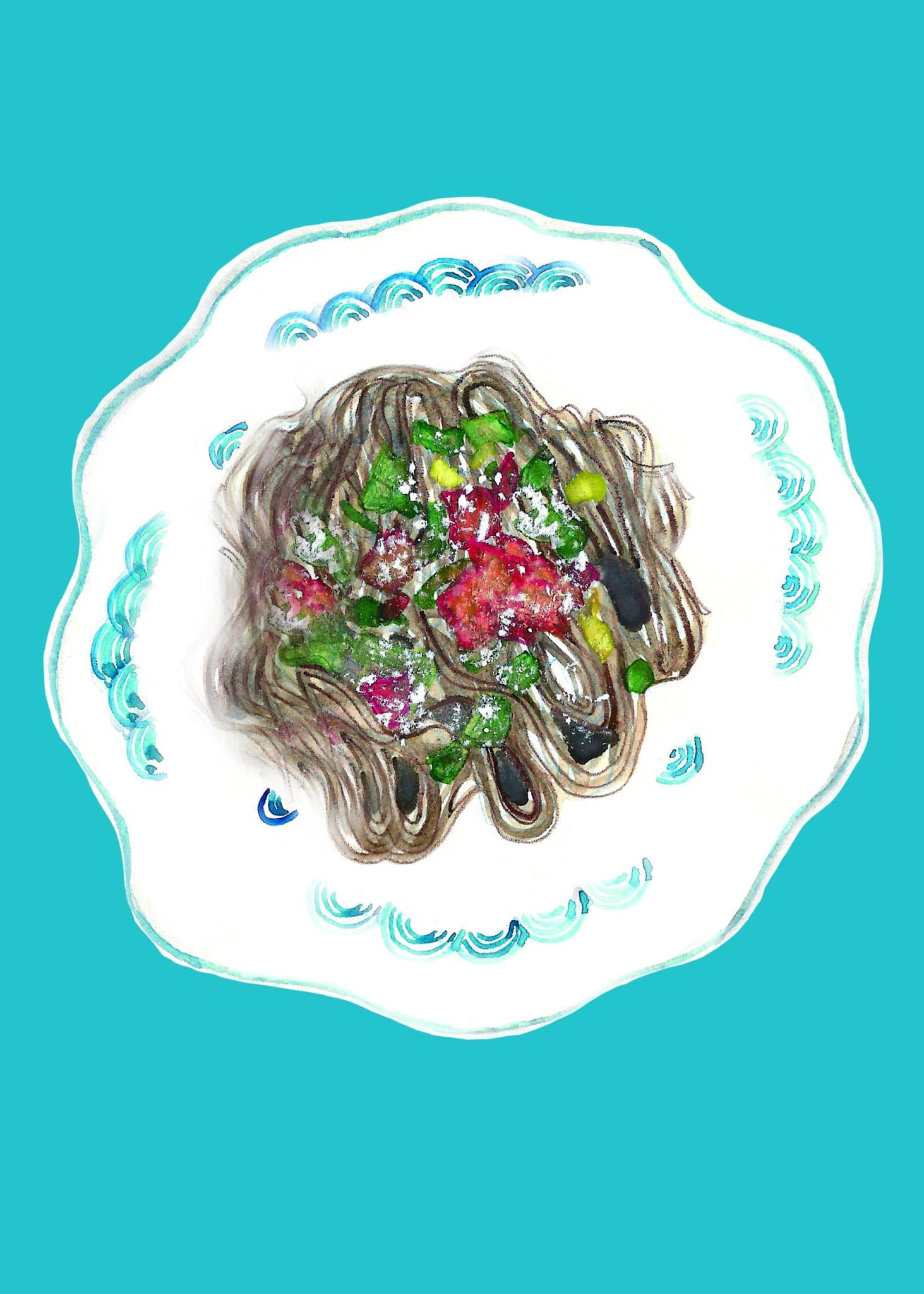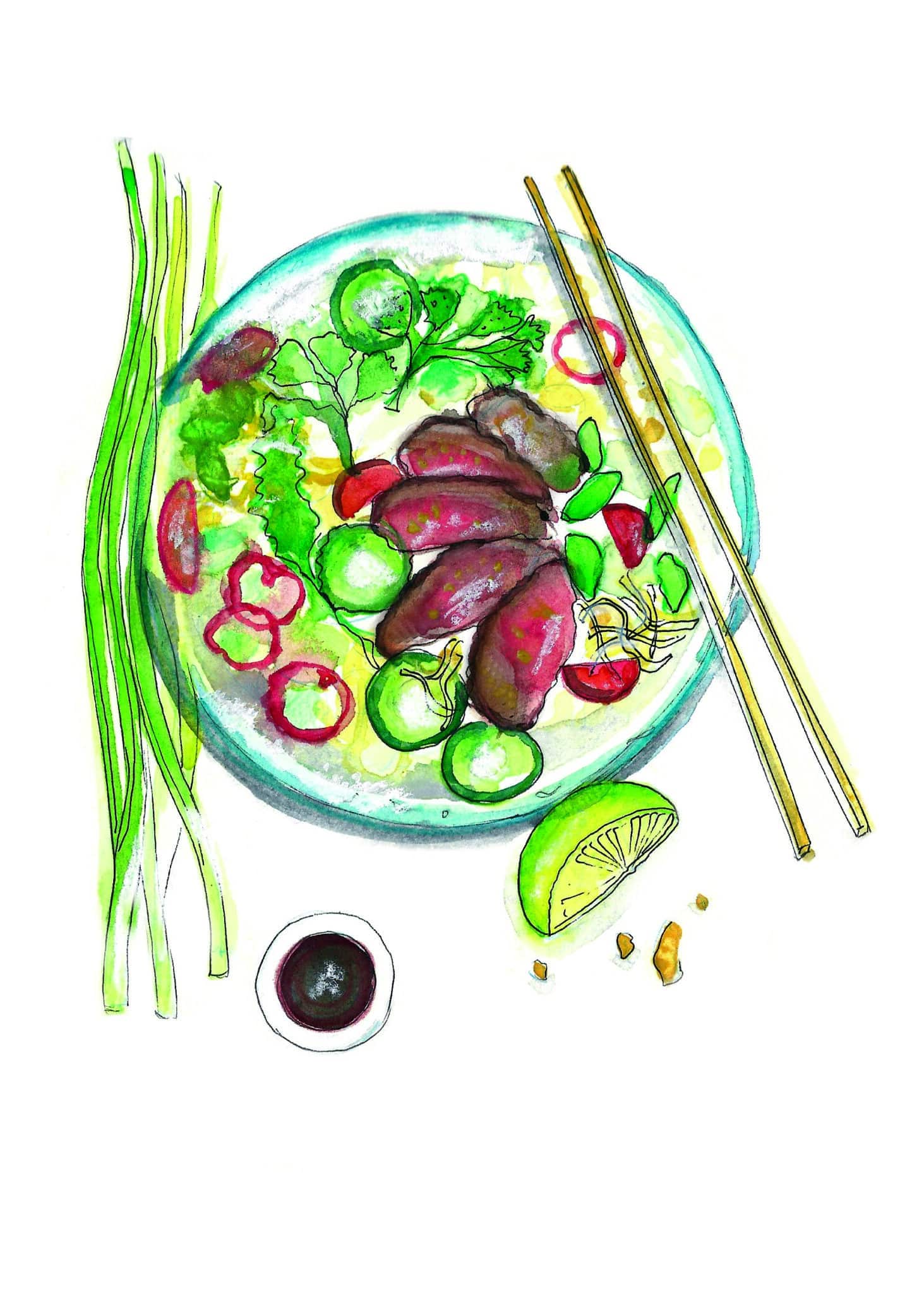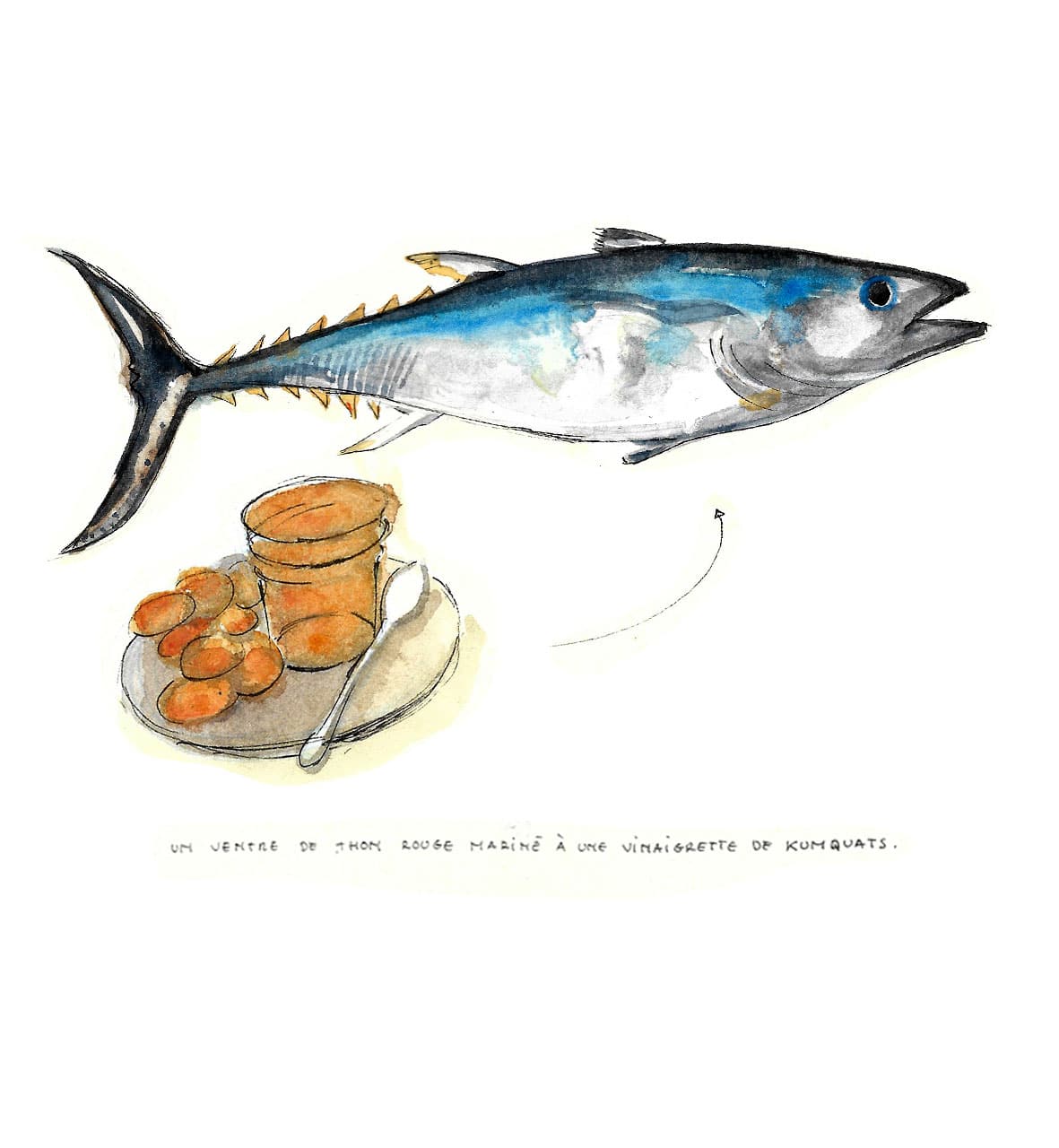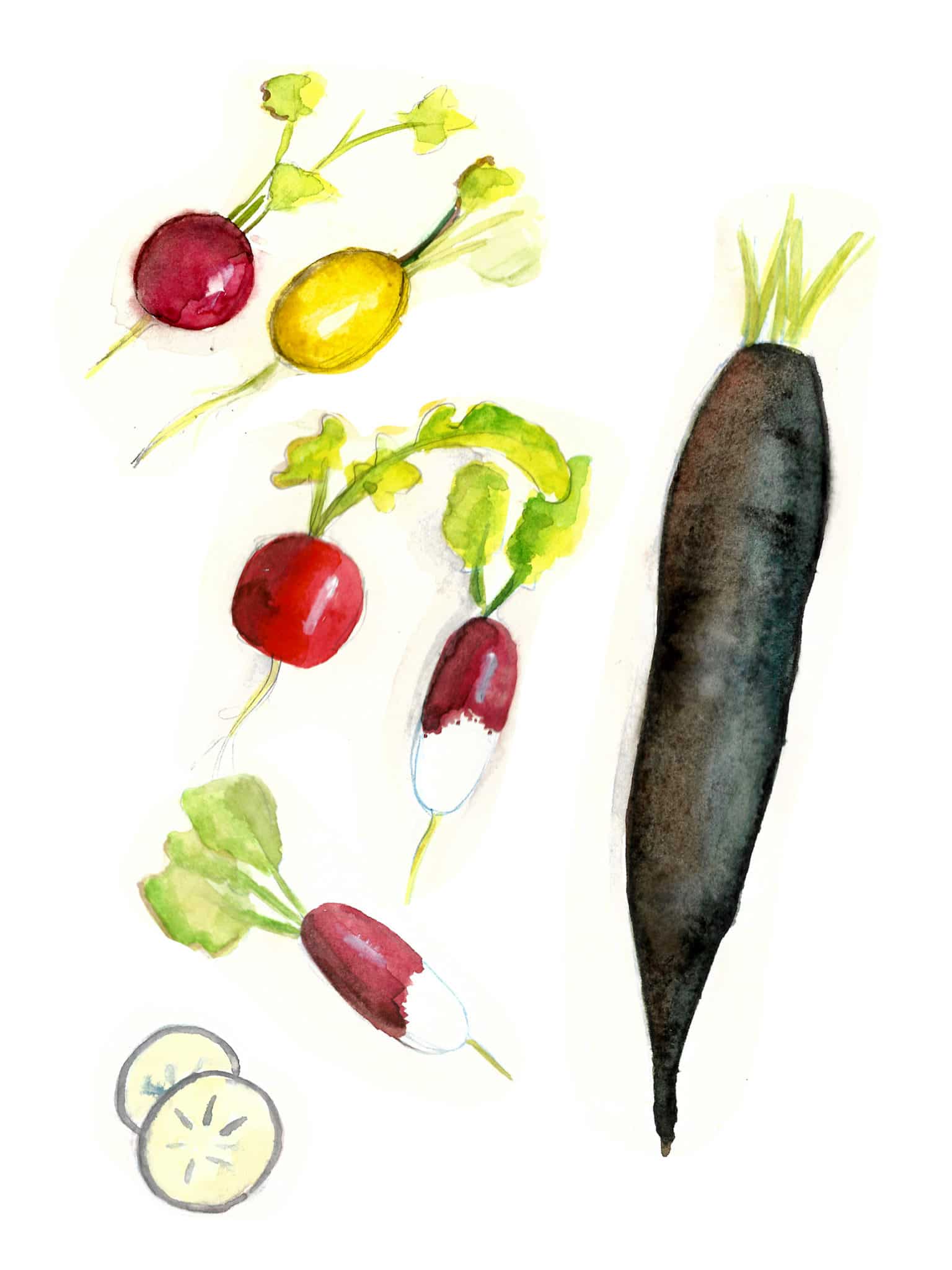Duck prepared with orange is one of the great classics of French gastronomy.
For the legendary restaurant owner and chef René Lasserre, roast duck à l’orange was the emblematic dish in his post-war Parisian restaurant. This gorgeous dish combines sweetness from the sauce, bitterness that comes from the Seville orange, and the caramelized skin of the duck. It requires some clear thinking to come up with the vintage that will pair with the sweet sauce yet stand up to the bitterness of the orange… Not an easy task.
One piece of advice
Strike off any red wines from your list. Red wine will simply never go with the orange sauce. In contact with the sugars, a tannic red goes topsy-turvy then is shot down by the bitterness of the orange.
Sweet white wines or dessert wines will provide you with the best pairings. In particular, sweet whites of a certain age which have evolved and consumed most of their residual sugars. Their sweetness lies firmly on the palate and enables the bitterness to come through. With time, the aromatic evolution of these sweet white wines begins to approach candied citrus flavours – those which are precisely present in the dish.
Choose sweet white wines with duck
Think boldly, for I would first like to take you to Andalusia to taste a Jerez Oloroso from Bodegas Tradicion. This Oloroso, made from 100% Palomino fino grapes, is now 45 years old. The long, purely oxidative ageing process has bestowed it with amazing complexity, with gorgeous rancio and with aromas of dried fruits that mingle with citrus peel and quinquina. Its fabulous richness and power endow it with mouthfeel that perfectly envelops the duck. The 7 grams of residual sugar take perfect care of the bitterness of the orange zest.
Now let’s turn to the Roussillon growing area where I have selected a 1988 Muscat de Rivesaltes made by Domaine Caze. Made from Muscat of Alexandria and from Muscat à petits grains, this wine, with its amber robe, reveals sublime aromatics. With this wine, the orange peel dissolves with a hint of chlorophyll. This is very characteristic of how Muscat wines evolve with time. Nuances of dates, dried apricot, lemon verbena all appear on the finish. On the palate, there is none of the power of a fortified wine; there is total delicacy and balance that work amazingly with the sugars. These aspects, when paired with the lovely fat in the duck and the bitters of the orange, are quite simply exquisite.
Changing direction, we head to the Bordeaux area, to Sauternes to be precise. The Sauterne appellation, often overlooked these days, continues to produce awe-inspiring wines, such as the 1976 Château Suduiraut, which has traversed the years with good graces. 1976 was a year of intense heat, and the concentration in the grape that year occurred more through passerillage, or raisining, on the vine than through the action of noble rot. Now, in 2017, the 1976 Suduiraut gives up a complex palette of spellbinding notes of spice, saffron, vanilla, tropical fruit and apricot. Exquisite class, fabulous range.
Undoubtedly a wine pairing that René Lasserre would have happily recommended himself!
La revue du vin October 2017
